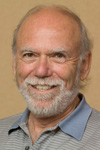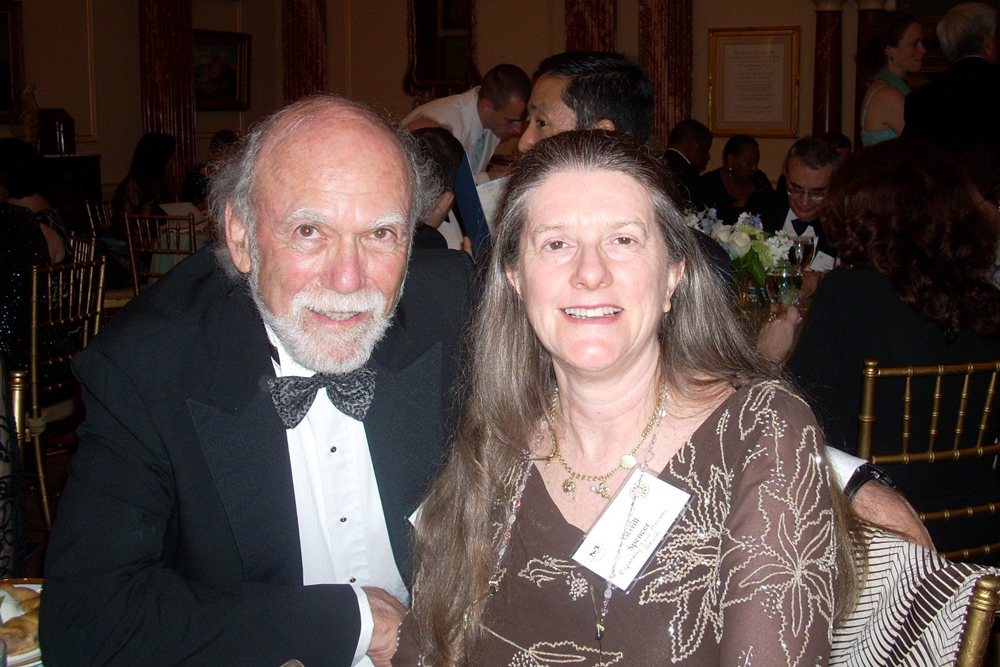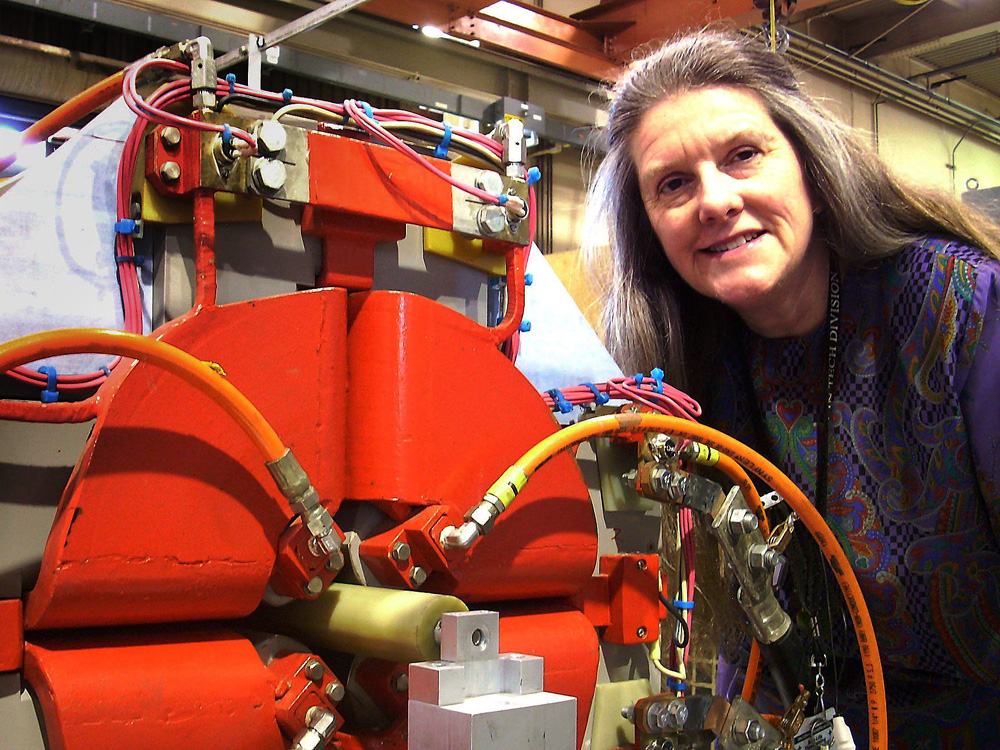Director's Corner
3 June 2010
 Barry Barish |
Attracting women into science
Why don't more women become scientists? Although there have been growing numbers of women going into the life sciences, the physical sciences lag woefully behind. Clearly, the health and advancement of science depends critically on attracting the best and the brightest minds into the field, so it is self-evident that we need to do more to bring qualified women into physics, including accelerator physics. With this in mind, I was pleased that the 2010 National Science Board's Public Service Award was given to the "Expanding Your Horizons Network," an organisation that is dedicated to educating young school girls about careers in math, science and engineering. I was doubly pleased that one of our own ILC Global Design Effort members, Cherrill Spencer, who has served the network for so many years, was part of the team that came to Washington DC to receive this award.
I have had the privilege and responsibility of serving as a member and consultant to the National Science Board (NSB) for the past eight years. The National Science Board was created through the National Science Foundation (NSF) Act of 1950 and consists of twenty-five members, including the NSF Director, appointed by the US president. The board was established by the Congress and has dual responsibilities: to provide independent national science policy advice to the President and the Congress; and to establish policies for NSF.
In addition to the ongoing roles, the NSB sponsors several national honorary awards: Vannevar Bush Award – established by the board in 1980, awarded to senior scientists for public service in science and technology; Alan T. Waterman Award – created in August 1975 recognise an outstanding young researcher in any field of science or engineering supported by the National Science Foundation; and the NSB Public Service Award – established by the board in 1996, presented to one or more individuals, or to a company, corporation or organisation, in recognition of their contributions to increasing public understanding of science or engineering.
This year's Public Service Award winner, Expanding Your Horizons Network, has strived since 1974 to encourage young women to pursue science, technology, engineering and mathematics (STEM) careers, by providing role models and hands-on activities for middle and high school girls. Their goals are to increase participation of women in mathematics, science, and engineering careers, by increasing in the pool of qualified women. They recognise that this requires young women to choose to take the appropriate mathematics and science courses in high school and to achieve this aim they promote conferences that provide career role models and encourage girls to persevere in mathematics coursework.
Cherrill Spencer experienced first hand what it was like to be the only girl studying physics. She received a B.Sc from the University of London (1969) and a PhD in elementary particle physics from the University of Oxford (1972). At SLAC, Cherrill's position is magnet engineer, where she plays an active and important role in developing our magnet systems for the ILC reference design. Confronting the reality of the magnets required for the RDR led to some very important technical choices, such as the choice of crossing angles at the interaction point. In addition to her technical work, Cherrill has been dedicated for several decades to her work in Expanding Your Horizons Network, where she has played key roles in organising and participating in conferences and in helping lead and develop the organisation.
I was very pleased to be at the NSB Awards Dinner with Cherrill, an impressive event held on the top floor of the US State Department. I am very proud of her and the work she is doing on such an important problem and I look forward to her continued contributions to both our technical work and to helping motivate young women to careers in science and engineering.
Congratulations, Cherrill!
-- Barry Barish

